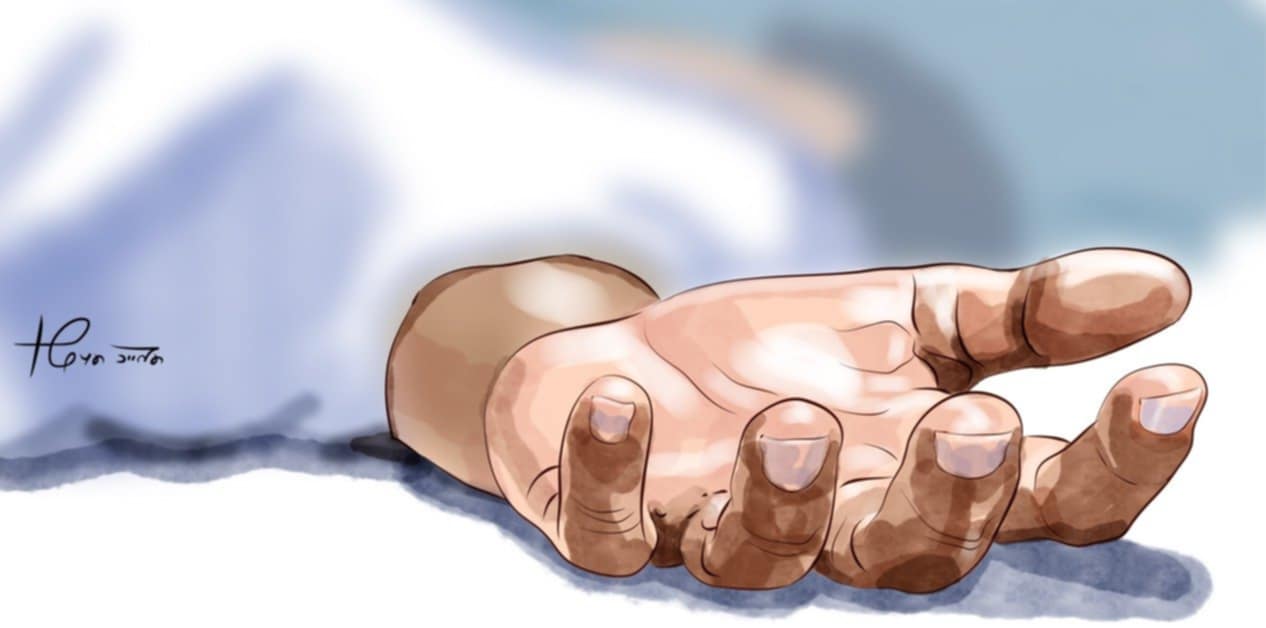

बागमती। मदन भण्डारी लोकमार्गअन्तर्गत मकवानपुरको बागमती गाउँपालिका–८ तल्लो भवानीमा मोटरसाइकल दुर्घटना हुँदा चालकको मृत्युु भएको छ।
फापरबारीबाट हात्तीसुडेतर्फ जाँदै गरेको प्र३–०२–००५प १००८ नम्बरको मोटरसाइकल सोमबार राति नालामा खस्दा मोटरसाइकलका चालक मकवानपुरको बकैया गाउँपालिका–८ बस्तीपुरका ४० वर्षीय प्रेमबहादुर गोलेको मृत्युु भएको जिल्ला प्रहरी कार्यालयका प्रवक्ता एवं प्रहरी नायब उपरीक्षक पुष्कर बोगटीले जानकारी दिए।
दुर्घटनामा गम्भीर घाइते भएका गोलेको हेटौँडा अस्पतालमा उपचारका क्रममा मृत्यु भएको प्रहरीले जनाएको छ।